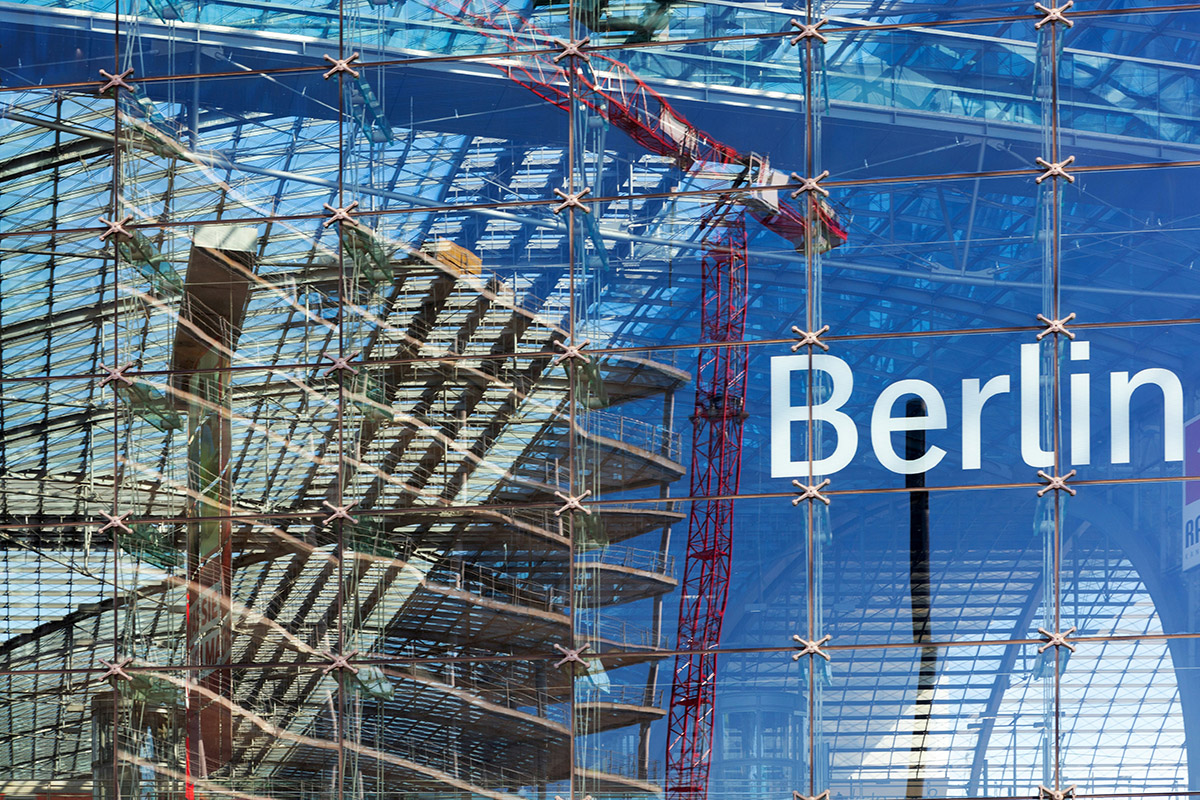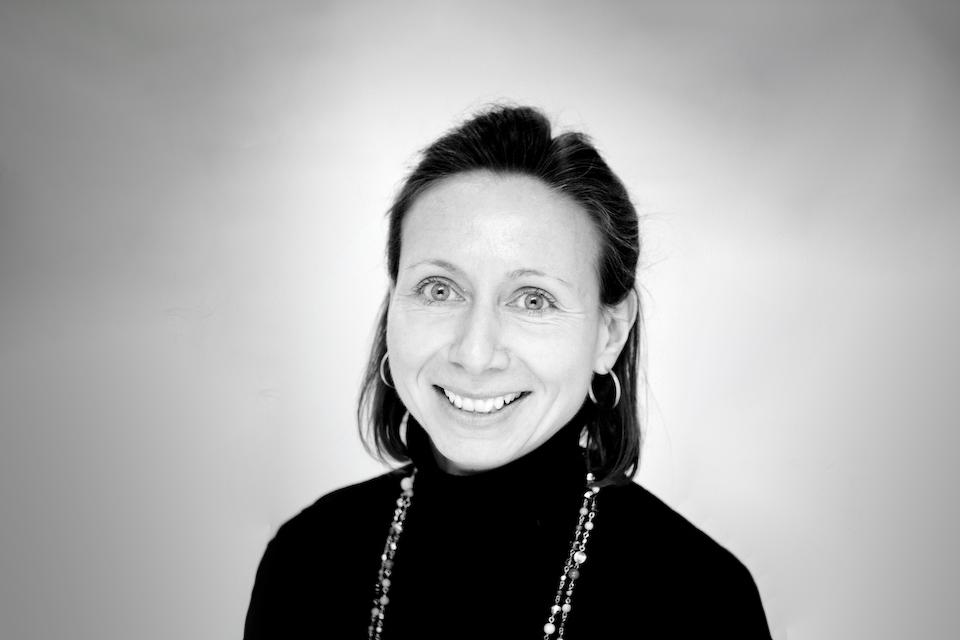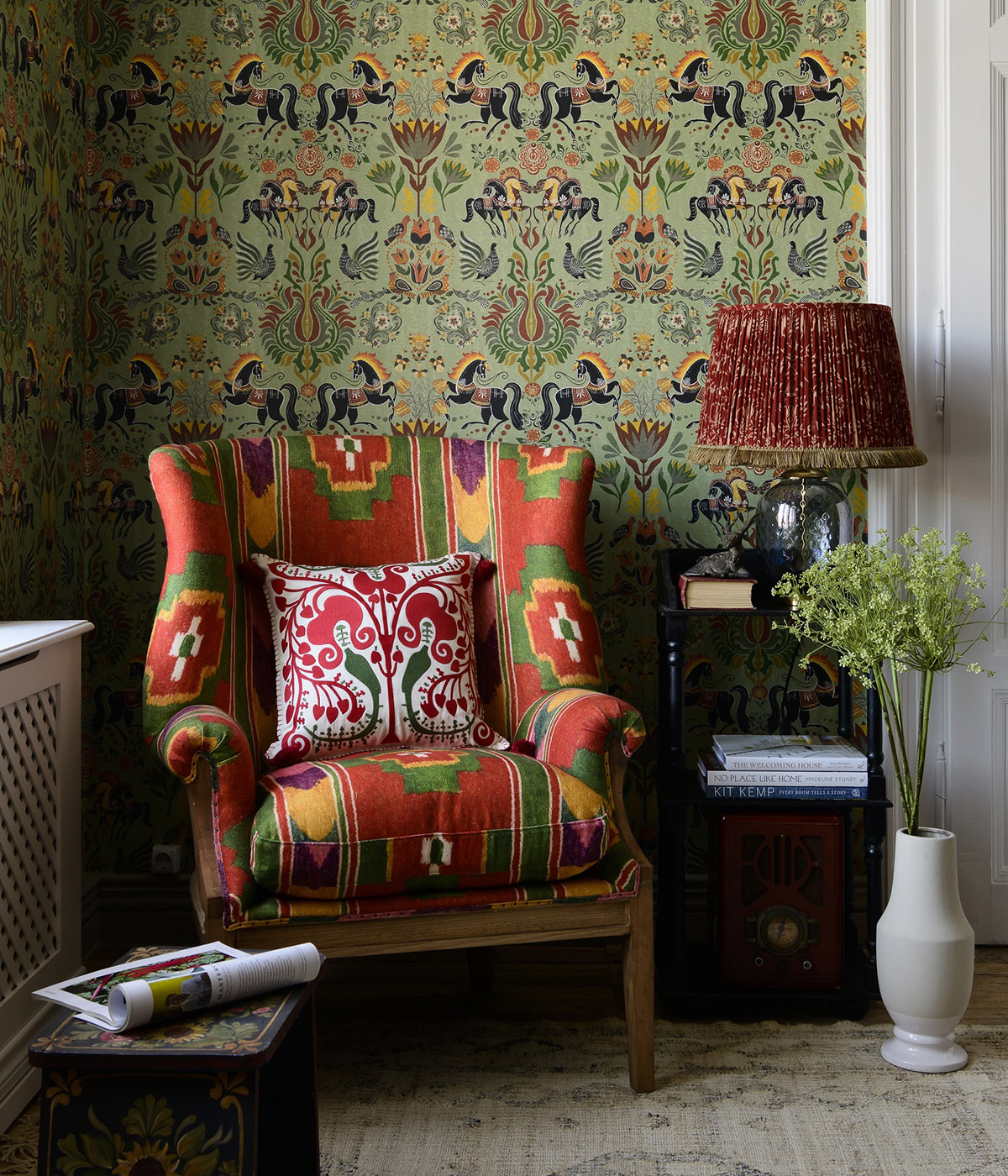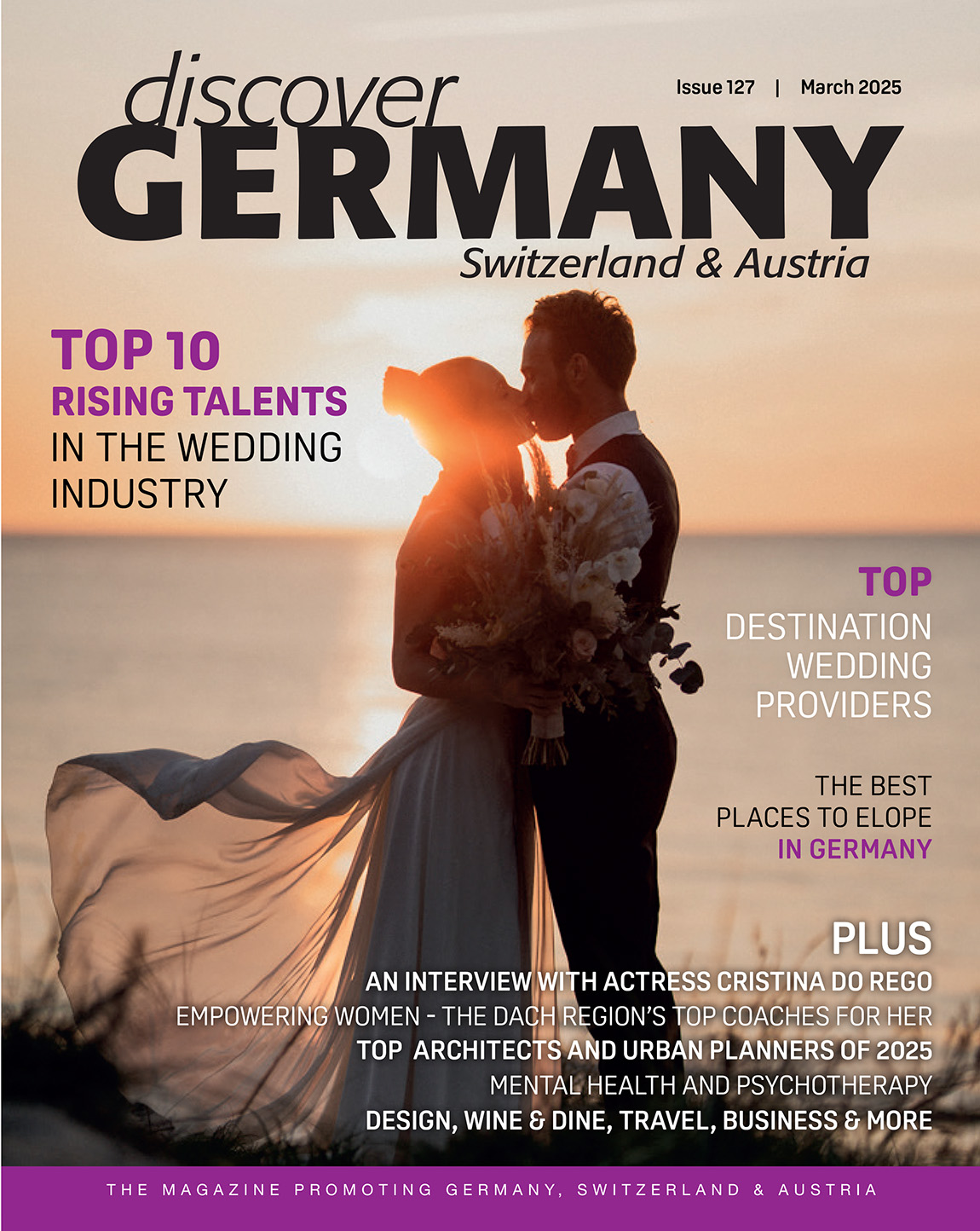Cornelia Brelowski: Do You Speak Denglish?
TEXT: CORNELIA BRELOWSKI

In Berlin, coffee culture now often comes in English only. Photo: Fernando Hernandez / Unsplash
Yesterday, it happened again. Arriving at a neighbourhood cafe with a German friend, we were greeted by the waitress with a beaming “Are you ready to order?” – in full confidence that it would be completely normal to address us in English rather than German.
Pleasantly convenient for non-German newcomers and tourists, this new attitude still serves as a hair-scratching moment for longstanding Berliners and, as a phenomenon, has even made it into the dailies. It is a true fact that you can easily get by with sticking to English even years after moving to Berlin. So much so that expatriate friends have asked me at times to switch to German during our conversation so they could “finally learn the language” (it never works). However, for the truly devoted, there are intensive German courses available everywhere, and the old “tandem” practice of meeting over coffee for bilingual conversation still works wonders (I also encourage expatriates to make a habit of watching German films with subtitles).
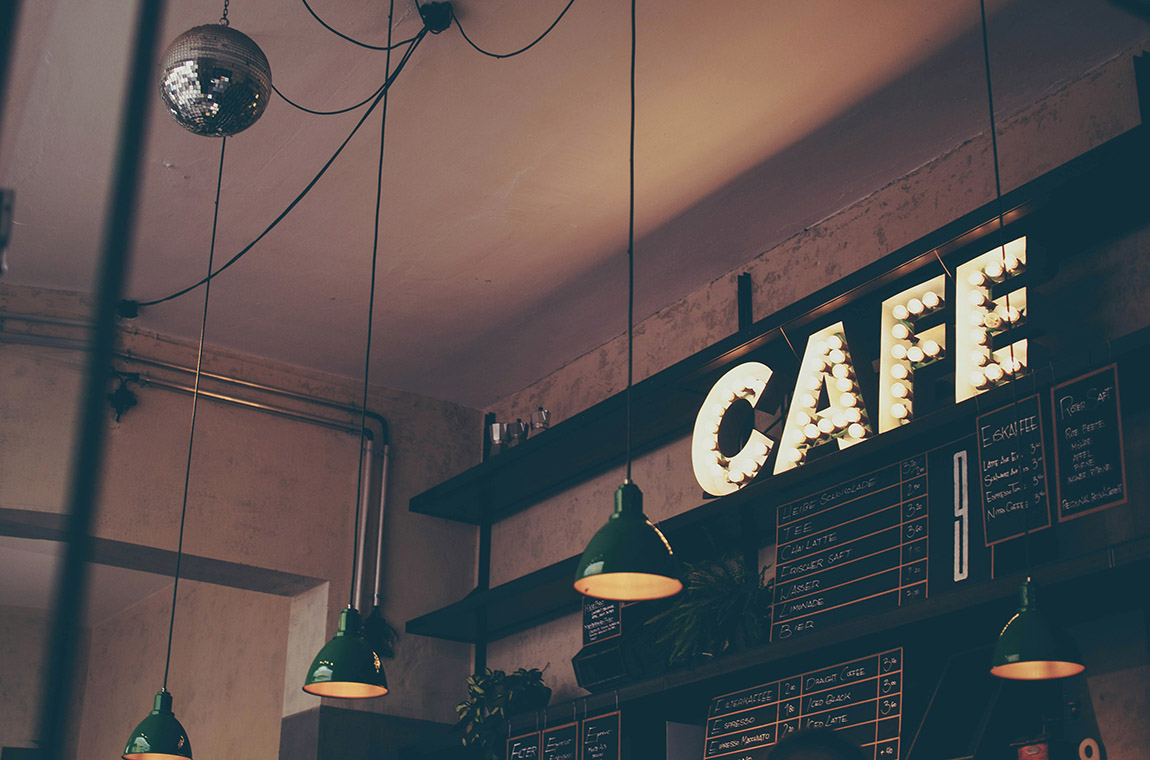
Photo: Michal Parzuchowski / Unsplash
Most Berliners will adjust quickly when addressed in English, however this was not always the case. Speaking “Denglish”, a kind of German double Dutch riddled with wrongly translated English terms used to be a running gag when I grew up. Most famously, the then residing head of state, the “Wende”-chancellor Helmut Kohl, once allegedly stated “You can say You to me” to a fellow politician, thus “allowing” his colleague to address him as a buddy. The times of hilarious clangers however are long past and in the brave new world of auto-correct and rapidly self-perfecting AI, no German politician will make that kind of mistake ever again – which, to be honest, can make you feel somewhat nostalgic about the innocence of post-unification times.
Shortly after the wall came down, English language programs and “schools” were quickly popping up everywhere, in order to grant a whole generation of East Berliners, who had grown up with Russian as a second language, the quickest assimilation possible. 35 years on, Berlin is a multilingual hub with English as the common conversational lifeline.

Photo: Breakslow / Unsplash
Another strange phenomenon has been taking hold among young Germans working at tech companies, as I couldn’t help overhearing recently at a cafe in close vicinity to one of Berlin’s major international start-ups: Two young males were conversing in a strangely hollow sounding German, riddled with English terms from the tech world, suggesting that Silicon Valley had somehow undermined their ability to speak their own mother tongue for good. Given the fact that they were also quite loud, I couldn’t help but listen, trying to decide if I was fascinated or appalled on their behalf. Would they ever learn to speak normally again if they were so inclined, I wondered?
Yesterday at the aforementioned neighborhood cafe however, I quickly swapped into English ordering tap water on the side (yes you can, Berlin tap water is of high quality), closing with the one German word I thought the waitress might know: “Dankeschön!”. That one she got, and even topped it with a “Gern!” (With pleasure). Yay.
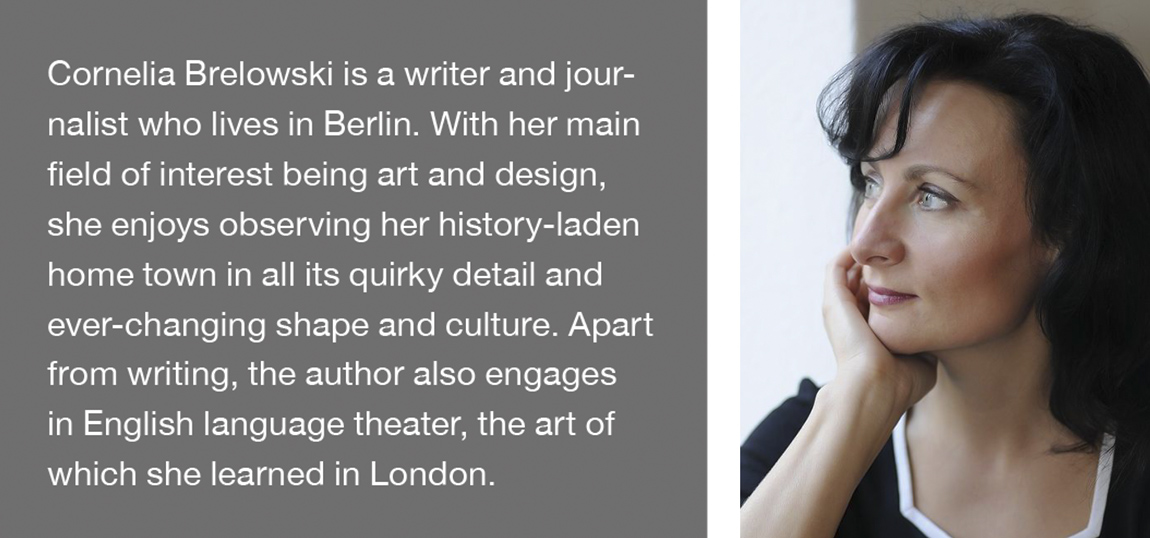
Photo: Coline Mattée
Subscribe to Our Newsletter
Receive our monthly newsletter by email

